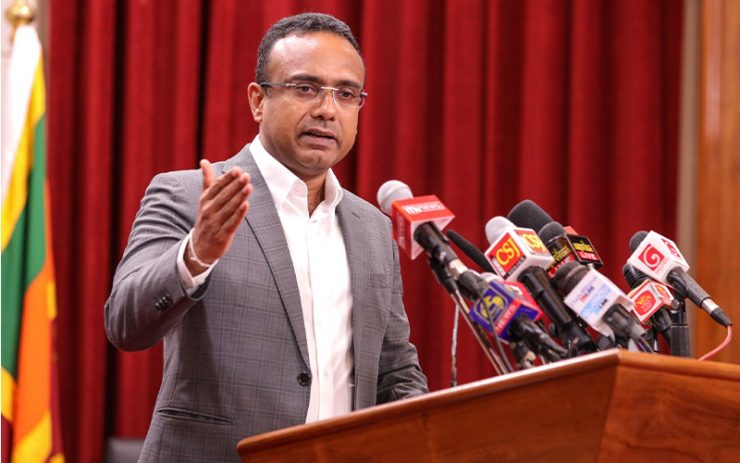
Sri Lanka proposed labour law reforms affect worker rights
By Staff Reporter
Sri Lanka government has proposed labour law reform that has the potential to significantly impact worker rights in the country. The government has been considering a series of amendments to the existing labour laws with the purported aim of promoting economic growth, attracting foreign investment, and improving the overall business environment. However, there are concerns that these reforms would undermine worker rights and protections.

One of the key proposals is to introduce greater flexibility in hiring and firing practices. The government argues that this will make it easier for businesses to adapt to changing market conditions and create more employment opportunities. However, critics argue that this could lead to increased job insecurity and exploitation of workers, as employers may have more power to terminate contracts without just cause.
Another significant change being considered is the introduction of a fixed-term contract system. This would allow employers to hire workers on fixed-term contracts for specific projects or periods of time. While proponents argue that this will provide businesses with more flexibility in managing their workforce, opponents fear that it could lead to a rise in precarious employment and limit workers’ access to social security benefits.
Additionally, the proposed reforms include changes to collective bargaining rights. The government aims to streamline the process for collective bargaining and make it more efficient. However, there are concerns that these changes could weaken trade unions’ ability to negotiate fair wages and working conditions on behalf of workers.
Furthermore, the proposed reforms also seek to revise regulations related to overtime work, working hours, and annual leave entitlements. While some argue that these changes will promote productivity and competitiveness, others worry that they may result in longer working hours without adequate compensation or rest periods.
It is important to note that these proposed reforms have sparked widespread debate and opposition from trade unions, civil society organizations, and workers’ rights advocates. They argue that the reforms prioritize business interests over worker rights and fail to adequately address issues such as low wages, unsafe working conditions, and lack of social protection.
It is widely accepted that Sri Lanka’s proposed labour law reform has the potential to significantly impact worker rights in the country. While the government argues that these reforms will promote economic growth and attract foreign investment, there are concerns that they may undermine worker protections and lead to increased job insecurity. The proposed changes to hiring and firing practices, fixed-term contracts, collective bargaining rights, and regulations related to working hours and leave entitlements have all been subject to criticism and opposition.

